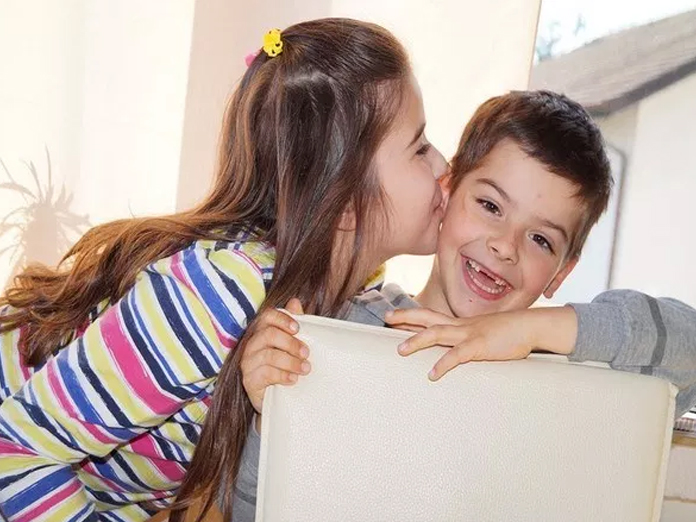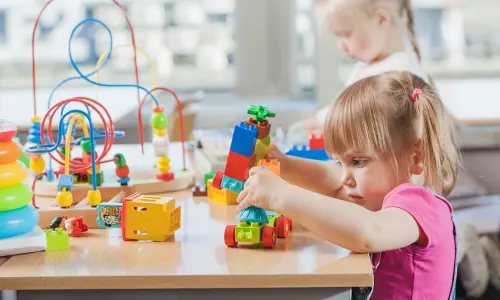Siblings, a sounding board in disruptive homes

Generally, children who experience recurrent destructive conflicts between their parents are at a higher risk of later developing mental health problems However, strong sibling bond can protect you from such negative effects
New Delhi: Generally, children who experience recurrent destructive conflicts between their parents are at a higher risk of later developing mental health problems. However, strong sibling bond can protect you from such negative effects.
According to a study conducted by the University Of Rochester, strong sibling bonds can offset the negative effects of parental strife.
The study found that adolescents who witnessed high levels of acrimony between their parents had greater distressed responses to parental conflict a year later. Those responses, in turn, predicted mental health problems in the subsequent year.
Yet, the researchers showed that teens with strong sibling relationships are protected from experiencing this kind of distress in response to later parental disagreements and fights.
The researchers looked at 236 adolescents and their families recruited through local school districts and community centers in two moderately sized metropolitan areas.
The families were followed over the course of three years - with families' being measured at three intervals when their children were first 12, then 13, and finally 14 years old.
The study's multi-method design relied on observations, semi-structured interviews with mothers about the relationship of the closest-aged siblings, and surveys.
The researchers cautioned that the families studied were mostly white and middle class, hence their findings should not be generalized to families of all races or socioeconomic status.
"Children may be using their siblings as sources of protection and emotional support--that is, as attachment figures," said lead author Patrick Davies.
However, Davies noted, "if this were the primary reason for the protective effects, one might expect that younger siblings would benefit significantly more from being able to access support from an older sibling who is more capable as serving as a source of support.
But this wasn't the case." The study appears in the journal ‘Child Development’.

















